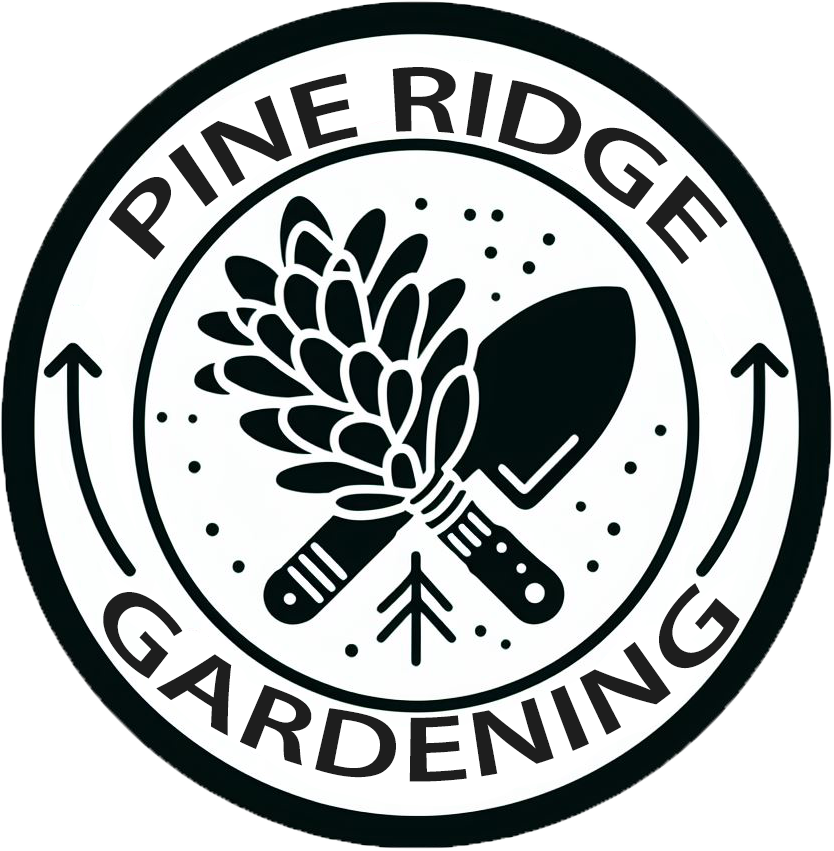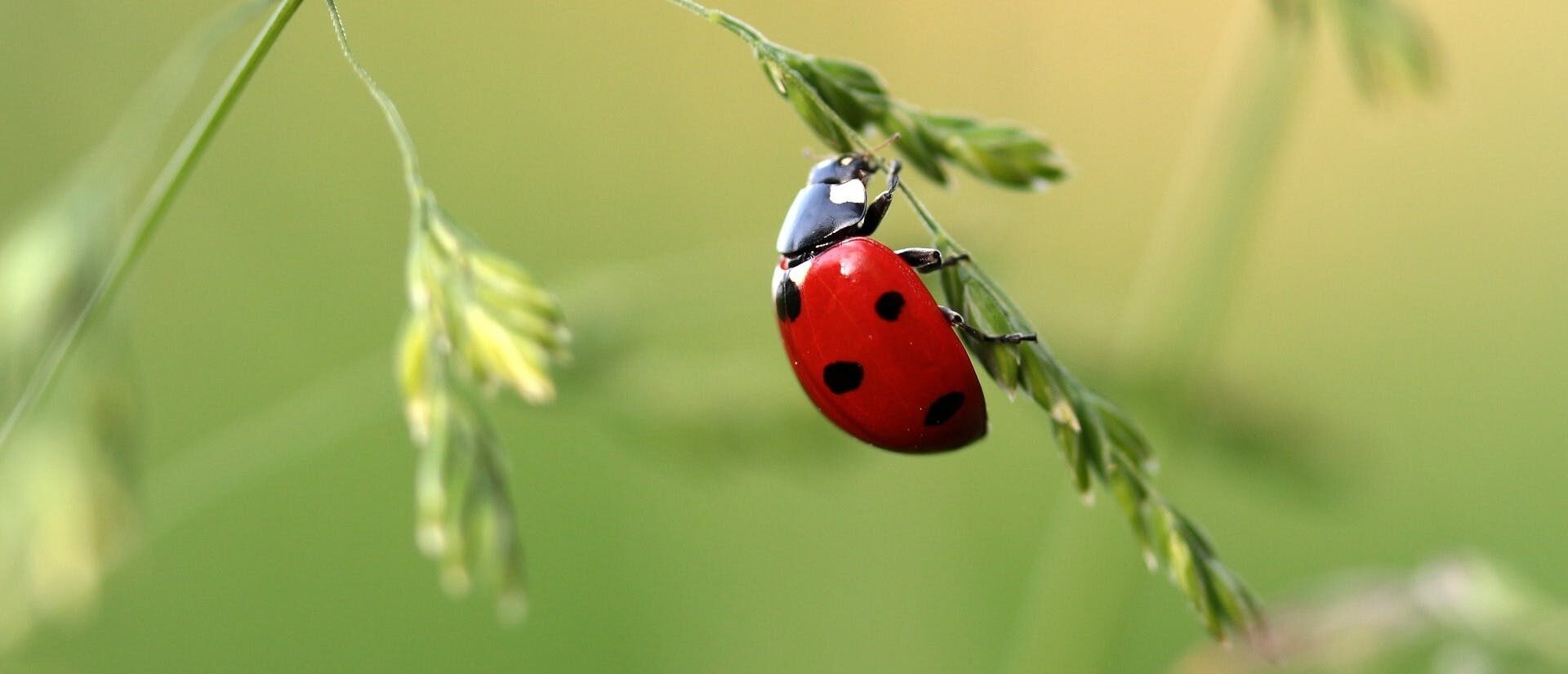If you are a gardener in Florida, you may have encountered some pesky insects that damage your plants and crops. But did you know that there are also many beneficial insects that can help you control these pests naturally? In this blog post, we will introduce you to some of the various beneficial insects that gardeners in Florida can take advantage of in order to keep pests away and how to go about attracting those beneficial insects.
Beneficial insects are those that either pollinate plants, decompose organic matter, or prey on or parasitize pest insects. Some of the most common and effective beneficial insects for Florida gardens are:
- Lacewings: These delicate green or brown insects have net-like wings and long antennae. They feed on nectar, pollen, and honeydew as adults, but their larvae are voracious predators of aphids, scale insects, whiteflies, and other soft-bodied pests. Lacewings can be attracted by planting flowers that provide nectar and pollen, such as dill, fennel, yarrow, native honeysuckle, and cosmos. You can also buy lacewing eggs from some online suppliers and release them in your garden.
- Ladybugs: These colorful beetles are well-known for their appetite for aphids, but they also eat mites, scale insects, mealybugs, and insect eggs. Ladybugs can be found in many habitats, but they prefer plants with dense foliage and abundant prey. Some plants that attract ladybugs are marigolds, sunflowers, cilantro, dandelions, and milkweed. You can also buy ladybugs from some online suppliers and release them in your garden.
- Hover flies: These flies resemble bees or wasps, but they do not sting. They hover around flowers and feed on nectar and pollen as adults, but their larvae feed on aphids, thrips, caterpillars, and other pests. Hover flies can be attracted by planting flowers that have shallow nectaries and bright colors, such as zinnias, asters, calendula, and buckwheat.
- Mydas flies: These large black flies have orange or red markings on their abdomen. They are rare and harmless to humans, but they are beneficial because their larvae feed on grubs, beetles, ants, and other soil-dwelling pests. Mydas flies can be attracted by providing a layer of mulch or organic matter on the soil surface.
- Parasitic wasps: These tiny wasps, of the genus Trichogramma, do not sting humans, but they lay their eggs inside or on the bodies of pest insects, such as caterpillars, aphids, scale insects, whiteflies, and leafminers. The wasp larvae then feed on the host insect until it dies. Parasitic wasps can be purchased online. They are attracted to a variety of flowers that provide nectar and pollen, such as parsley, mint, thyme, goldenrod, and Queen Anne’s lace.
By attracting these beneficial insects to your garden, you can reduce the need for pesticides and enjoy a healthier and more productive landscape. Remember to avoid spraying insecticides that may harm the beneficial insects as well as the pests. Instead, use cultural practices such as crop rotation, sanitation, pruning, mulching, and watering to prevent pest outbreaks. You can also use physical barriers such as row covers or pheromone lure sticky traps to exclude or trap pests. If you need to use chemical pesticides, or organic products that target specific pests and have minimal impact on beneficial insects.
We hope this blog post has given you some useful information on how to use beneficial insects in your Florida garden. If you have any questions or comments, please feel free to contact us. Happy gardening!


